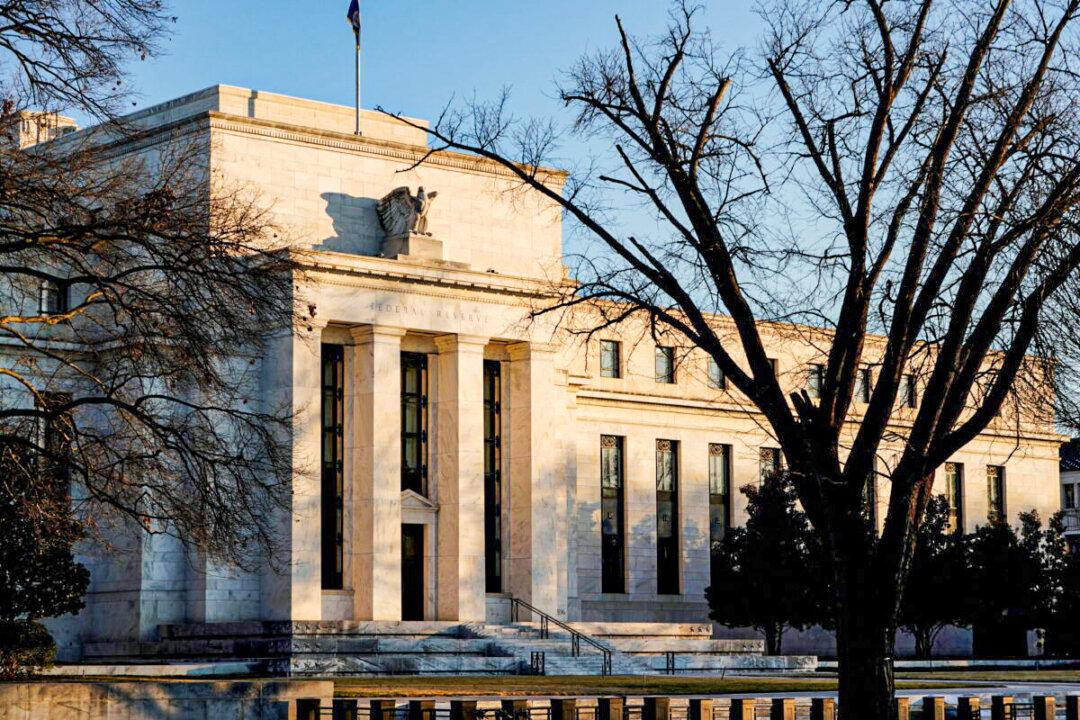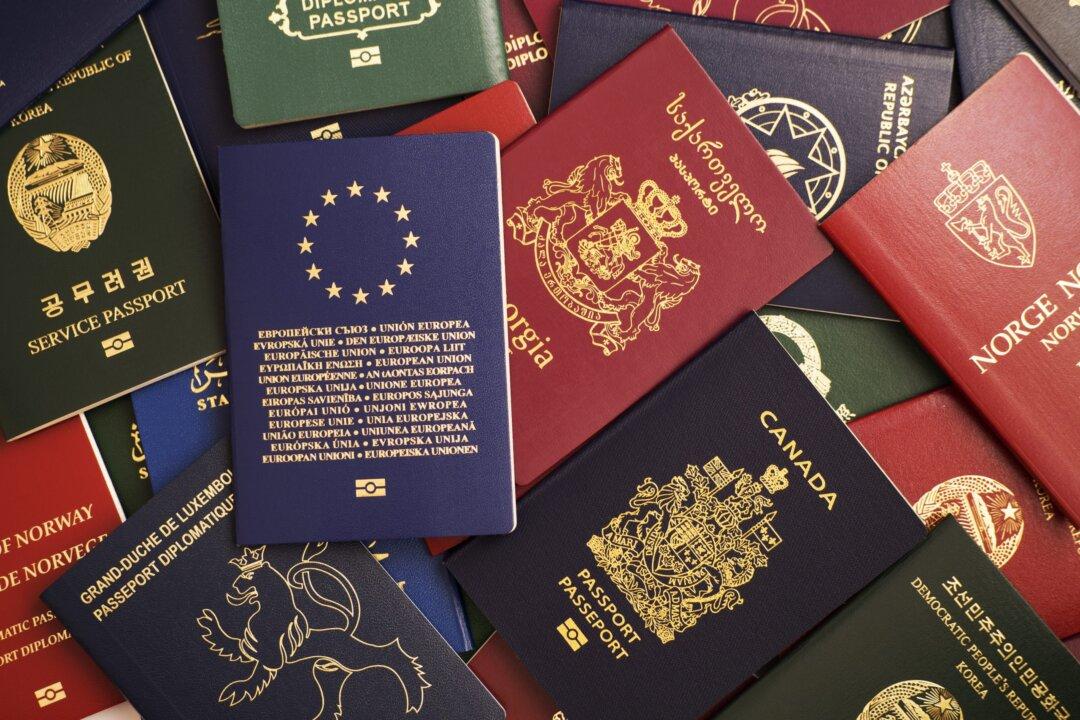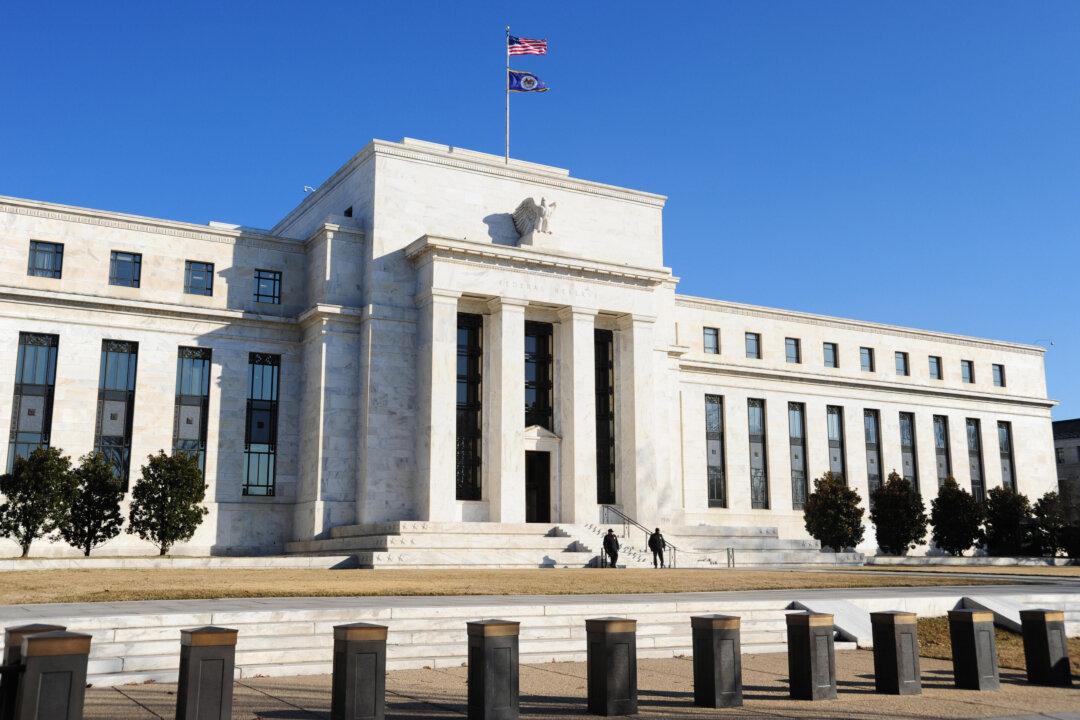Commentary
The abortion debate in the United States has become essentially a debate over how much abortion policy ought to be centralized at the federal level. Given that there is no real chance of a nationwide abortion ban, whether or not the U.S. Supreme Court strikes down Roe v. Wade is a question of whether or not abortion policy will become the domain of state and local governments. That is, without Roe to federalize abortion policy, the matter goes back to where it was before 1973: to state and local lawmakers.
Ryan McMaken is the editor of Mises Wire and The Austrian. He has degrees in economics and political science from the University of Colorado and was the economist for the Colorado Division of Housing from 2009 to 2014. He is the author of "Commie Cowboys: The Bourgeoisie and the Nation-State in the Western Genre."
Author’s Selected Articles






